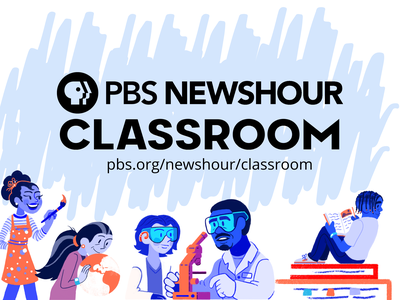DOWNLOAD VIDEO
Directions:
Read the summary, watch the video and answer the discussion questions. To read the transcript of the video above,
click here
.
Summary
: Social media plays a major role in shaping current American political discourse. During a Senate hearing Wednesday, executives from leading online platforms were criticized by lawmakers for their companies’ records on limiting the spread of misinformation.
Discussion:
Warm up questions
: Have your students identify the 5Ws and an H:
-
- Who uses disinformation to manipulate opinion online?
- What are some of the risks of people believing disinformation?
- When and Where are voters getting information about the upcoming election?
- Why do fear and threat events increase susceptibility to misinformation, according to this piece?
- How is the way misinformation spread now different than in the past?
- Can you think of any recent social media post that you thought might be intentional disinformation? What was it?
- Do you have a method for determining what you can believe that you read online?
- Do you think social media companies should try to fact check or flag misinformation online? Why or why not?
-
Wondering what makes a democracy tick? What is gerrymandering, anyways? Check out our partner's civics collections at Share My Lesson:

Follow us :
Facebook: https://www.facebook.com/PBSNewsHourExtra/
Twitter: https://twitter.com/NewsHourExtra
Instagram: https://www.instagram.com/newshourextra/
Subscribe :
PBS NewsHour education stories newsletter



